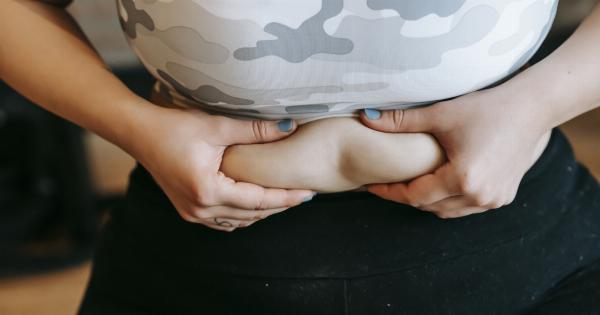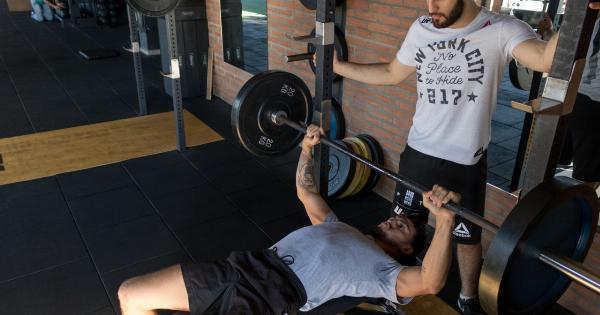Orthocele is a medical term used to describe the bulging of an organ or tissue through the wall of the body cavity that usually contains it. It can happen anywhere in the body, but most commonly occurs in the abdomen, groin, or pelvic region.
This condition is also known as a hernia. Orthocele can cause discomfort and pain, and if left untreated, can lead to serious complications.
Symptoms of Orthocele
The symptoms of orthocele may vary depending on the location and severity of the hernia. Some of the common symptoms include:.
- Bulge or swelling in the affected area
- Pain or discomfort, especially when lifting heavy objects, coughing, or straining during bowel movements
- Feeling of heaviness or pressure in the affected area
- Heartburn, indigestion, or difficulty swallowing, in case of a hiatal hernia
- Difficulty urinating or frequent urinary tract infections, in case of a bladder hernia
- Testicular pain or swelling, in case of an inguinal hernia
Causes of Orthocele
Orthocele usually occurs when an organ or tissue pushes through a hole or weakened area in the muscle or connective tissue surrounding it. This can happen due to various reasons, including:.
- Ageing, which can weaken the muscles and tissues
- Pregnancy, which can put pressure on the abdominal muscles and cause a hernia
- Heavy lifting, straining during bowel movements, or persistent coughing, which can put excessive pressure on the abdomen
- Obesity, which can put extra pressure on the abdominal muscles and cause a hernia
- Previous surgery, which can weaken the surrounding tissues and make them prone to herniation
- Congenital defect or weak spot in the muscle or connective tissue, which increases the risk of herniation
Treatment for Orthocele
The treatment for orthocele usually involves surgery to repair the hernia and strengthen the weakened area.
If the hernia is small and not causing any symptoms, your doctor may advise watchful waiting and monitoring the hernia for any changes or complications. However, if the hernia is causing discomfort or pain, or if it is large and has the potential to cause serious complications such as obstruction or strangulation, surgery may be recommended.
The surgical procedure for orthocele usually involves making an incision near the site of the hernia, pushing the bulging tissue back into its normal position, and repairing the weakened or torn muscle or connective tissue with sutures, mesh, or both.
The surgery can be performed under general or local anaesthesia, depending on the location and severity of the hernia, as well as the patient’s overall health and preferences.
After the surgery, you may need to stay in the hospital for a few days to recover. Your doctor may advise you to avoid heavy lifting, straining, or strenuous activities for several weeks or until the incision has completely healed.
You may also be given pain medication and antibiotics to manage the pain and prevent infection. Your doctor may recommend follow-up appointments to monitor your recovery and ensure that the hernia has not recurred.
Prevention of Orthocele
While orthocele may not always be preventable, there are several measures you can take to lower your risk of developing a hernia:.
- Avoid smoking, as it can weaken the abdominal muscles and increase the risk of herniation
- Maintain a healthy weight and exercise regularly to strengthen your muscles and reduce the strain on your abdomen
- Avoid heavy lifting, straining, or sudden movements that can put excessive pressure on your abdomen
- Eat a healthy diet that is rich in fiber and nutrients to prevent constipation, which can cause straining during bowel movements
- Seek prompt medical attention if you experience symptoms of a hernia, such as pain, swelling, or discomfort in your abdomen, groin, or pelvic region.
Conclusion
Orthocele, or hernia, can be a painful and uncomfortable condition that requires prompt medical attention.
If you experience symptoms of a hernia, such as pain, discomfort, or swelling, consult your doctor or healthcare provider for an accurate diagnosis and treatment options. While hernias may not always be preventable, you can lower your risk by adopting healthy lifestyle habits and seeking prompt medical attention for any abnormalities or discomfort in your body.






























